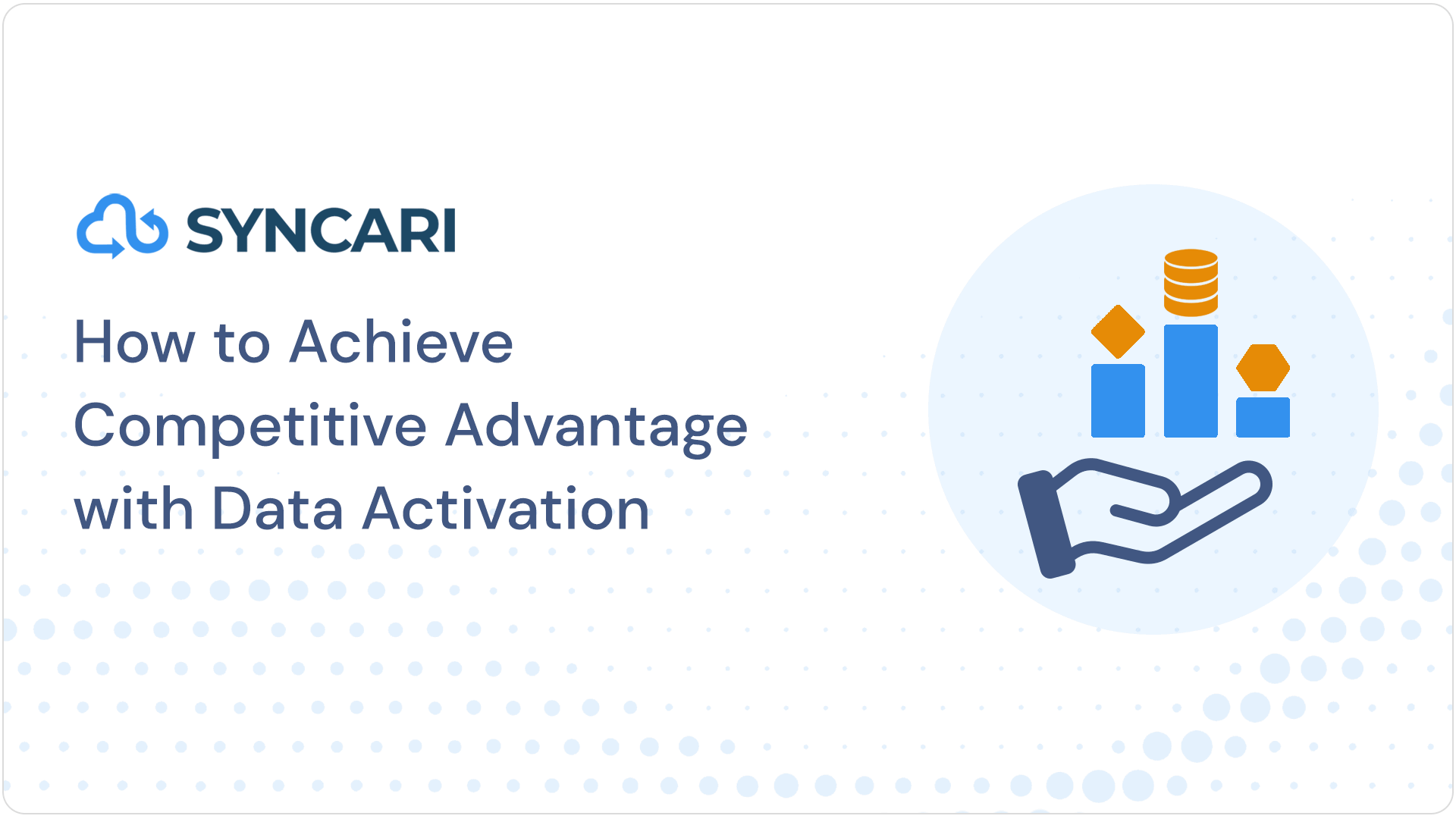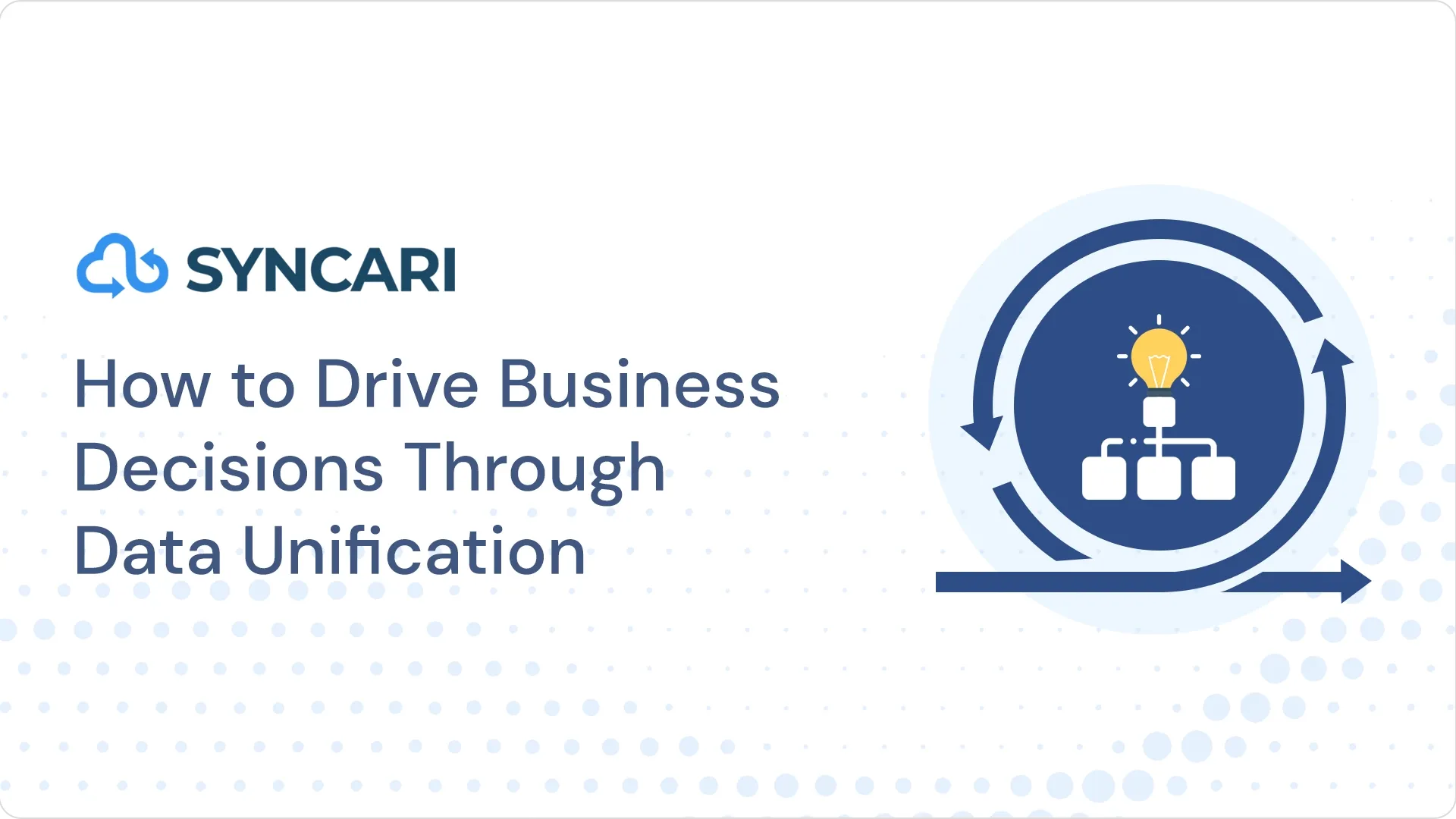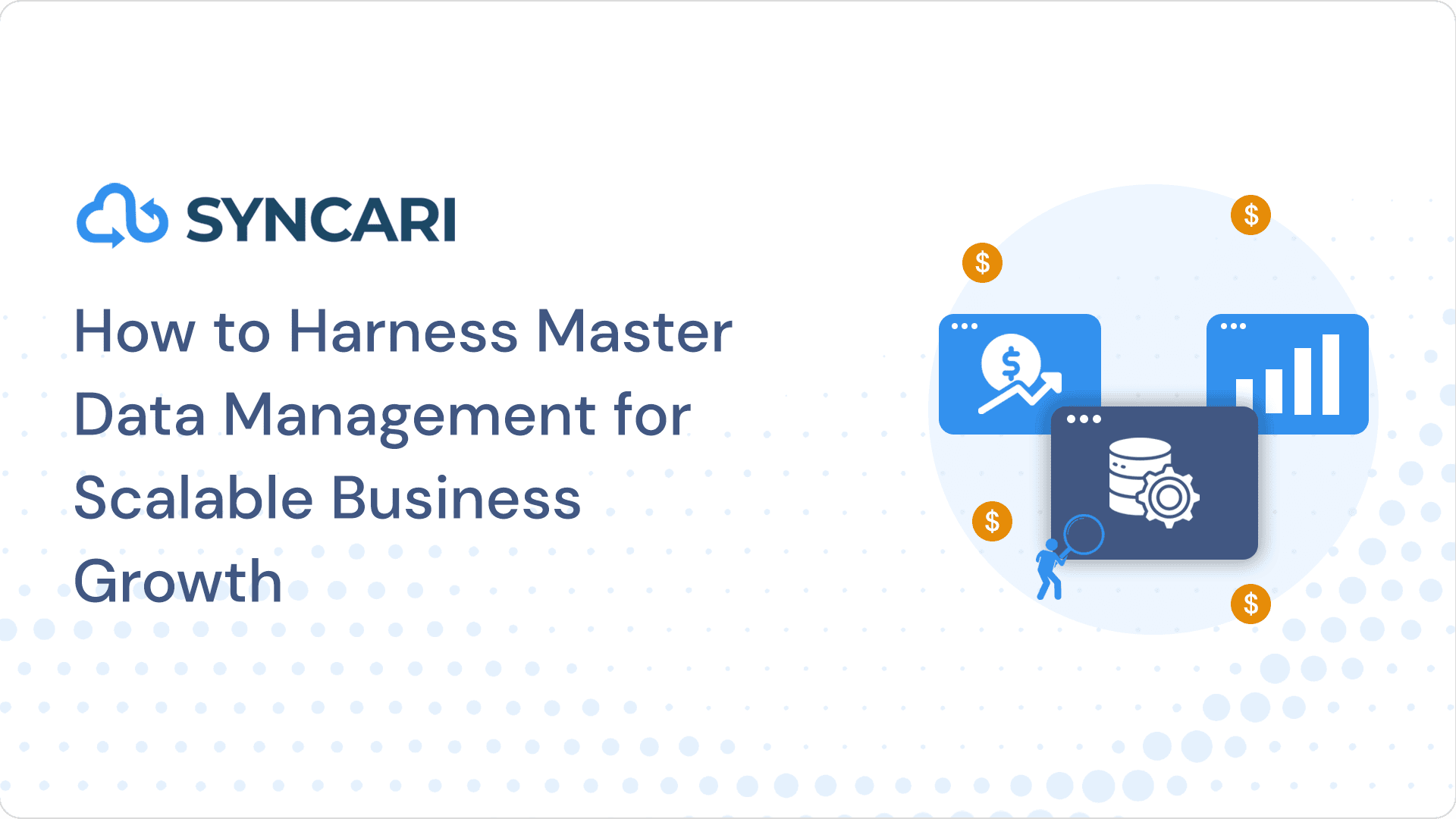Talend and Informatica are two of the most popular ETL tools in the market. Both tools are used for data integration, quality, and management.
While Talend is a relatively new player in the market, Informatica has been around for a while and is considered a mature and integrated enterprise data integration platform.
This article will compare Talend vs Informatica and highlight the differences between the two tools.
We will look at various aspects such as performance, scalability, ease of use, and pricing to help you make an informed decision.
What is Talend?
Talend is an ELT software company that helps turn data into useful business insights. It was founded in 2005 and offered cost-effective as well as open-source data integration software.
Talend’s software allows companies to manage, maintain, and integrate data efficiently and effectively. It makes data more accessible and ensures that its high-quality software helps companies make real-time decisions.

Today’s IT landscape is becoming super complex, with different systems requiring data exchange, both in and outside the enterprise. A quick and easy integration system is crucial to better respond to new business opportunities.
These opportunities include company mergers, new markets, and joint ventures. What sets Talend apart is its open-source approach that offers new, innovative, and powerful software solutions along with the flexibility to meet the needs of all organizations.
Talend offers many software services and solutions, including enterprise applications, integration, and free downloadable open-source tools. Its strategy covers all the requirements based on a company’s needs.
Talend’s approach industrializes the tasks and keeps them accessible to the user, making it easier for the companies to manage their data.
What is Informatica?
Informatica is a software development company that offers data integration products. It provides a range of tools for data extraction, transformation, and loading for enterprise repositories.
Informatica PowerCenter is the most widely used tool and is based on ETL architecture. It is used for data integration and offers the capability to connect and fetch data from different heterogeneous sources.

Informatica can be used as a data cleansing tool and is better than its competitors as it offers a wide range of product editions.
Informatica’s product portfolio is focused on data integration, including extract, transform, load, information lifecycle management, business-to-business data exchange, cloud computing integration, complex event processing, data masking, data quality, data replication, data virtualization, master data management, ultra messaging, and data governance.
It provides services for various businesses, industries, and government organizations including telecommunication, healthcare, financial, and insurance services.
Informatica offers cloud-based services where a tool can be set up with minimal efficiency.
Talend VS Informatica features
Talend and Informatica are both excellent ELT software. Both tools have some significant features that help you in your data curation. Let’s look at the key features of these apps and if they are suitable for your business.
Talend Features
- Talend Data Integration has a scalable architecture that makes jobs much easier than what could be achieved through hand-coding.
- Talend Open Studio is an open-source integration software that allows users to build basic data pipelines in no time.
- Talend Data Integration has a repository where technical items are used to design jobs, create jobs, or manage metadata.
- Provides real-time information for business management, and the development process will use native code.
- Talend Studio has a component palette that contains different technical components for building jobs and is used to perform specific data integration operations.
Informatica Features
- It covers the ability to effectively and timely promote the database process as a web service.
- It also uses code to load balancing between the ETL server and the database container.
- When the server has a fast drive, it provides some of the benefits of conducting specialized tasks.
- It offers a variety of solutions based on roles for business and IT relationships. At the same time, it provides benefits such as usability, automation, and code reuse.
- It provides excellent scalability performance and facilitates zero downtime.
- It combines a high-performance system with a highly scalable and simultaneous data processing system to provide dynamic separation.
- It is a cost-effective, one-of-a-kind, versatile, and optimized ecosystem for processing any data combination service.
Talend Vs Informatica Pricing
Talend and Informatica both have specific pricing plans for their users.
Talend allows its users to choose from four plans: Stitch, Data management platform, Big Data Platform, and Data Fabric. It does not display the prices on its websites.
You must contact their sales teams to get the pricing details. Informatica does not reveal anything about its plans and pricing details on the websites and requires you to contact its sales department for more information.
Talend is generally considered to be more cost-effective than Informatica. Talend generates native Java code, while Informatica PowerCenter generates metadata stored in an RDBMS repository. However, Informatica has a higher rating than Talend on Gartner Peer Insights.
The exact pricing for both tools may vary depending on the specific features and services required, the organization’s size, and the contract’s duration.
Pros & cons of using Talend and Informatica
Both the software offers a variety of features, and both have their benefits too. Let’s take a look at the pros of using these tools.
Talend
Pros:
- It runs fast and long without any issues to move millions of records as part of a single job run
- Has extensive experience in ETL methodology for performing data profiling
- Talend has the ability to view the data pipeline in the form of a program, which is a unique feature compared to other data integration tools
- A good data platform in the market
Cons:
- Talend data fabric is oftentimes very slow
- Talend is very particular, and every step has to be exact or else the whole program will spew out errors
- Talend lacks in memory capacity
- Talend could include machine learning algorithms for deduplication
- Performance and speed could be better
Informatica
Pros:
- Able to process a huge record size
- Rich integration and rich transformation capabilities
- Powerful and comprehensive tool, highly scalable
- Supports data integration and transformation for multiple systems
Cons:
- It needs additional hardware
- Setting up Informatica and integrating with existing services can be a hassle
- Lots of windows sometimes reduce your focus
- Expensive and complex
- Documentation of how the different offerings in the Informatica product line work together as a total data is lacking
Top Differences Of Talend Vs Informatica
Talend and Informatica are both ETL (Extract, Transform, Load) tools that perform data integration. Here are some differences between the two:
Talend
- Talend is an open-source ETL tool that offers a monthly subscription model with no long-term commitment
- Talend has a user-friendly interface and supports a wide range of data sources
- Talend offers a variety of connectors and pre-built components for data integration
Informatica
- Informatica is a proprietary ETL tool that offers a range of products for data integration, including cloud-based solutions
- Informatica has a strong focus on data quality and governance
- Informatica offers a variety of connectors and pre-built components for data integration
However, Syncari offers several key features that make it better than Talend and Informatica-
Syncari
- Syncari is a no-code data platform that manages complex enterprise data pipelines without using Java code
- It offers several features that set it apart from Talend and Informatica:
- Syncari uses machine learning to automate data management tasks, reducing the need for manual intervention
- Syncari offers real-time data synchronization across multiple systems, ensuring that all data is up-to-date and accurate
- Syncari provides a unified view of all enterprise data, making it easier to manage and analyze large datasets
Syncari offers several advantages over both Talend and Informatica, including its no-code approach, machine learning capabilities, real-time synchronization and more. So let’s learn more about Syncari!
Alternatives for Talend and Informatica

Syncari is a modern data automation platform that assists businesses in resolving costly data inconsistencies and integration challenges that revenue teams face.
It is specifically designed to assist revenue executives in regaining control of their data sources and integrations through intelligent data cleansing, combining, and augmentation.
Syncari unifies data across all systems of record, establishes a gold client record, and shares 360° visibility wherever required. With data and logic shared across systems, you can investigate full-funnel performance, create metrics, and report on business health.
It determines critical revenue signals and uses them to automate workflows across all systems in the customer experience from a single location.
Syncari’s revolutionary multi-directional sync engine unifies your data, orchestrates cross-team operations, analyzes GTM impact, and exchanges signals across your revenue tech stack – all from a single location.
Syncari pricing
Syncari’s pricing is based on the number of records you manage, making it easy to predict costs and avoid unexpected expenses. Each Syncari instance includes pipelines, connectors, API calls, tasks, and transactions. Build unlimited pipelines, connect multiple systems, and run them as often as needed, all without worrying about additional costs.
Conclusion
Talend vs Informatica offers excellent solutions for your data ELT requirements. But the software has its benefits and limitations. If you are looking for a more comprehensive and advanced solution, then Syncari is a better choice.
Syncari is a data automation platform that provides a powerful fusion of data management, workflow automation, and multi-directional sync. It is highly regarded for its robustness, data-first approach, and unified data model. Syncari is also recognized as a top product usage data platform and a top customer 360 platform
It helps unify, clean, manage, and distribute trusted customer data across the enterprise, which can simplify growth and cut costs with high-quality data, visualizations, and embedded APIs
Say goodbye to data chaos and hello to a more organized, agile, and data-driven enterprise with Syncari. Get started now!


